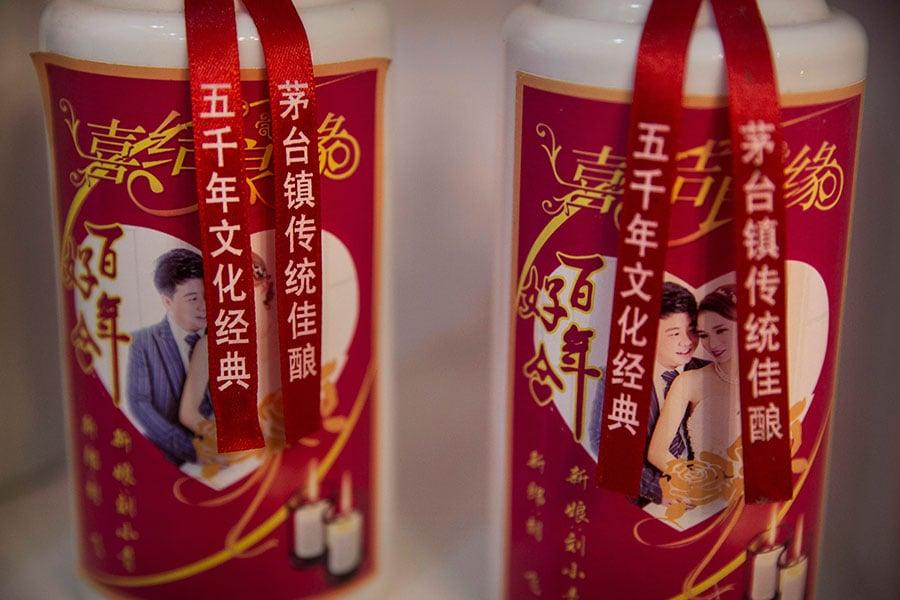The former chairman of China’s top liquor maker, Kweichow Moutai, recently passed away unexpectedly while in prison, and the once-influential “Moutai Club” for Chinese Communist Party (CCP) elites is no more. Xi Jinping’s administration has been conducting a purge of the forces behind Moutai liquor for several years.
Moutai (or Maotai) is a colorless Chinese liquor, distilled from fermented sorghum. It is made in the town of Maotai in China’s Guizhou province and won an award during the 1915 Panama Pacific International Exposition.






